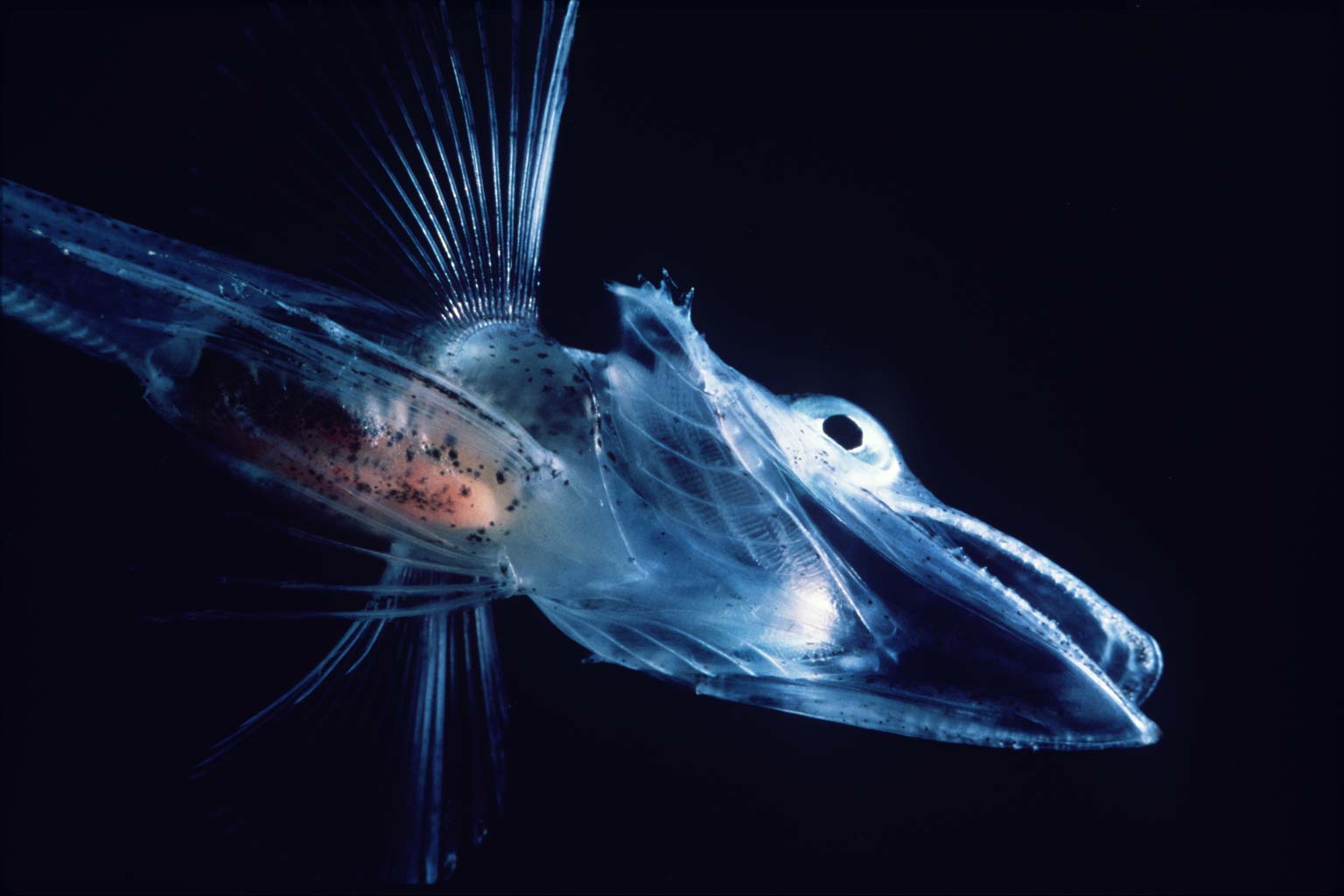
Today marked the final day of the 2019 Experimental Biology meeting in Orlando. As usual it was a great day for Physiology.

Image of a P. noctiluca by © Hans Hillewaert, CC BY-SA 4.0, https://commons.wikimedia.org/w/index.php?curid=3966390
Crupi et al., from the University of Messina and the Universita della Magna Grecia in Italy put up a poster presentation describing their research on how red blood cells respond to environmental toxins. Their research showed that isolated red blood cells from rabbits are more sensitive to venoms released from cnidaria as well as heavy metals than red blood cells from chickens, dogs or humans.

Image of an icefish from Wikimedia
Evans et al., from Ohio University presented data that examined potential mechanisms that could explain why red-blooded and white-blooded icefish differ in their ability to adapt cardiac function with varying temperatures.
A seminar on the Causes and Consequences of of Inter-Individual Physiological Variation also took place today. There were 3 excellent speakers who all presented different examples of how multiple types of genetic variations could lead to the same phenotypic outcome. This idea may have huge implications in research as there may not be easily identifiable genetic bases for some phenotypic outcomes and diseases that involve multiple genes.

This year’s meeting wrapped up beautifully with an inspiring and fascinating seminar from the 2003 Nobel Prize in Chemistry recipient Dr. Peter Agre (Johns Hopkins School of Medicine) for his part in discovering water channels, otherwise known as aquaporins. These channels are very important physiologically for allowing the rapid movement of water into and out of cells in our bodies.
Categories: Climate Change, Environment, Extreme Animals, Nature's Solutions, Ocean Life, Physiology on the Road
Tags: American Physiological Society, blood, EB, Experimental Biology, genes, genetics, heart, Nobel, phenotype
